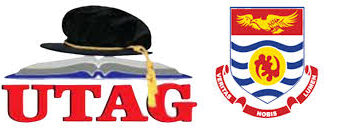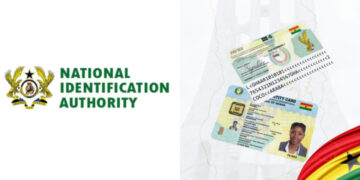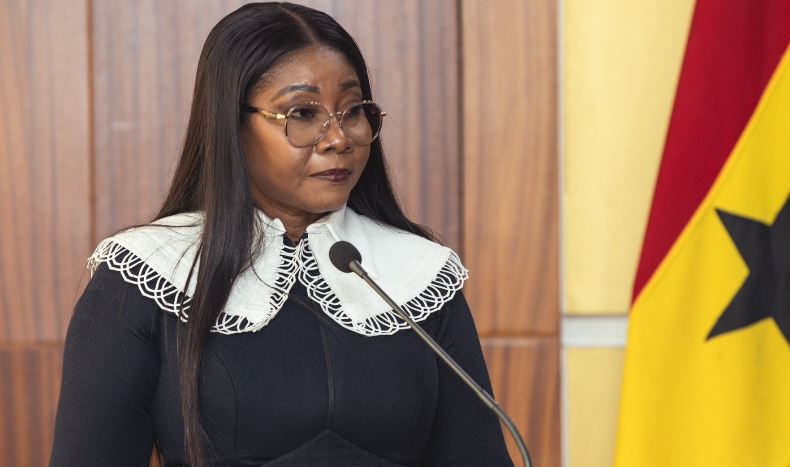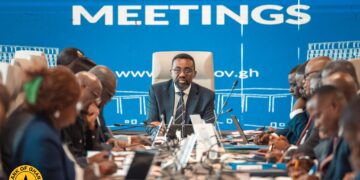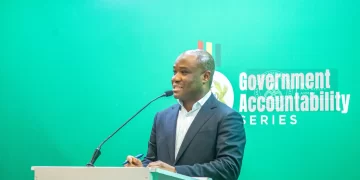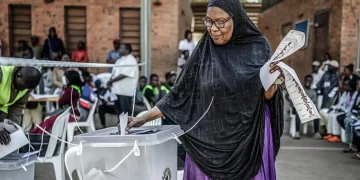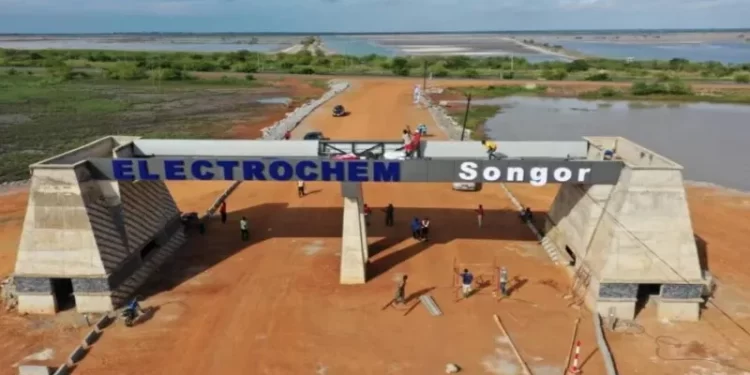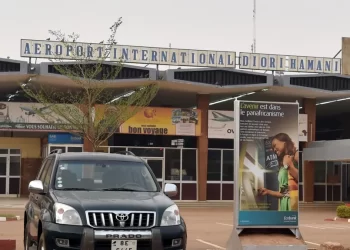A longstanding conflict over the Songor Lagoon in Ada erupted on Thursday when protesters stormed the premises of Electrochem Ghana Limited, damaging property and allegedly looting equipment.
The incident underscores deep-seated tensions between local residents and the company over resource control and economic survival.
Protesters Clash with Electrochem
The protesters, reportedly angered by allegations of misconduct involving Electrochem’s security forces, targeted the company’s salt mining facility, claiming they were acting in defense of community rights.
Videos circulating on social media show protesters gathering outside the company premises.
Electrochem CEO Razak Adam has confirmed extensive damage, including the vandalism of office buildings and the destruction of security installations.
Read Also: Baby born on migrant boat crossing from Africa to Canary Islands
“They have vandalized our office building, destroyed our security installations, including CCTV cameras, and taken over the factory,” Mr. Adam said.
He also accused the protesters of stealing valuable equipment, including motorbikes, television sets, and large quantities of salt. “This turn of events is deeply unfortunate,” he lamented.
Disputed Claims Over Triggering Incident
The protesters allege their actions were sparked by reports that Electrochem’s security forces assaulted the Chief of Sege-Nakomkope, an accusation Mr. Adam strongly refutes.
“That is totally untrue. I met with the chief yesterday, and he personally refuted this claim,” he said.
Rooted in Resource Rights
The conflict traces back to a controversial 2020 parliamentary decision granting Electrochem a 15-year lease over 142,000 acres of the Songor Lagoon.
Local residents have long argued that the lagoon is their ancestral heritage and a vital resource for artisanal salt mining.
Critics say the lease, which they claim violates PNDC Law 287, effectively excludes local miners and jeopardizes their livelihoods.
Community leaders have called for a more inclusive arrangement.
“A portion of the 142,000 acres given to Electrochem should be allocated to locals so they can also mine salt to support their families,” said the Ada West District Chief Executive.
Political Dimensions
The protest has reignited debates about the intersection of resource management and politics. Some suggest that the transition to a new government has emboldened protesters to challenge existing concessions.
Electrochem’s CEO has alleged prior plans by certain groups to seize control of the facility, stating, “There were already whispers of an attempt to take over the concession if there was a change in government.”
This incident follows a pattern of post-election disruptions, including a January 8, 2025, incident in Tema where youth stormed public institutions demanding the removal of appointees affiliated with the New Patriotic Party (NPP).
Calls for Resolution
Community leaders, political figures, and civil society groups are urging a review of the lease agreement to balance investor interests with local benefits.
NPP candidate Dodzie Numekevor emphasized, “You cannot classify salt as a mineral in the same way as gold. The lease should be reviewed so that some can be given to the people.”
Others have echoed similar sentiments, advocating for fair resource sharing to prevent further unrest.
While a parliamentary committee has previously ruled out interference with Electrochem’s leases, pressure is mounting for the government to mediate a resolution that ensures equitable access to the lagoon’s resources.
The latest events at the Songor Lagoon highlight the need for urgent dialogue and sustainable policies to manage Ghana’s natural resources, safeguarding both community rights and investor confidence.



